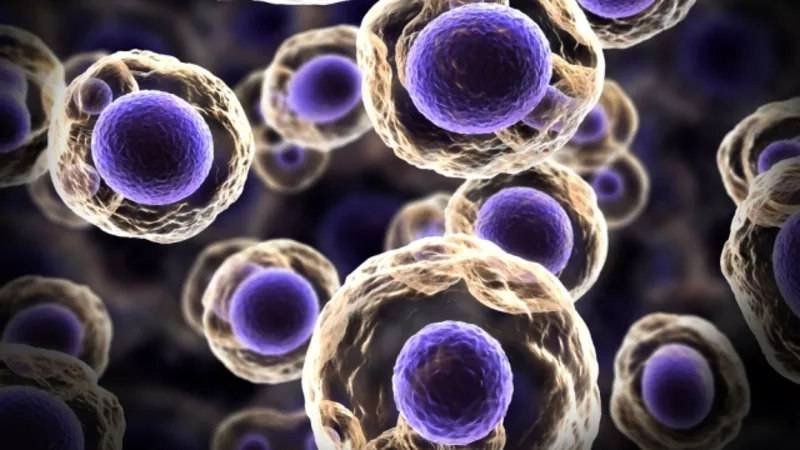By Fariha Fawziah
Ever since I was a little kid, I have always wondered how life began on Earth—beyond what I knew from the religious perspective. I know this seems too complex an idea for an eight-year-old to contemplate, but I have always questioned things around me. I called it my own little “Enlightenment.”
Science is also about finding and discovering the truth about the universe. One recent discovery, according to a July report by Nicholas Wade in The New York Times, suggests that a particular single cell bacterium-like organism is the common ancestor of all life on Earth. This cell is named LUCA (the Last Universal Common Ancestor). Luca is thought to have emerged approximately four billion years ago when our planet was about 560 million years old. This discovery supports those who believe life began in extreme environments, such as deep in the sea or on the flanks of volcanoes, yet it does not completely convince those who believe—like Darwin did—that life began in more normal locations, like a little pond.
Scientists generally agree that the earliest ancestor has been difficult to find because the three main domains of life appear not to share the same origin. The three domains of life are bacteria, the “archaea,” (which resemble bacteria but possess a different metabolism), and the “eukaryotes,” the category to which plants, animals and we humans belong. If archaea and bacteria were the two earliest domains to emerge, followed by the eukaryotes, then the search for a single organism from which the bacterial and archaeal categories were born seems logical. This effort has been spearheaded by a group of evolutionary biologists led by William F. Martin of Heinrich Heine University. This group began by looking at the known protein-coding genes of bacteria and archaea.
Modern DNA databases now warehouse millions of such genes culled from thousands of microbes. Dr. Martin’s group was able to identify similar sequences of DNA hidden within 6 million samples to discover a smaller number of workable gene family trees. After narrowing the number of gene families, Martin’s researchers found that only 355 genes met the criteria of being related to Luca—the suspected ancestor of both bacteria and archaea.
William F. Martin hoped that by pinpointing these genes, he would be able to know Luca’s lifestyle. Those 355 genes were able to survive in very extreme conditions; such as in deep sea vents, which are the gassy and intensely-hot plumes caused by seawater interacting with magma erupting through the ocean floor. Some of them metabolize hydrogen as a source of energy and to produce an enzyme called “reverse gyrase,” which is found in microbes that live in extremely high-temperature environments. This discovery is significant since it tells us what Luca did for a living, and gives us a remarkable insight into what life was like four billion years ago. It also shows how deep sea vents surrounded by unusual life forms can be expected to be a place where life originated.
Because Luca still lacks many genes that are necessary to keep it alive, it absolutely must have certain chemical compounds readily available in its surrounding environment—such as hydrogen and various metals— to simply survive. The fact that Luca is so dependent on a special chemical environment more easily found in deep sea vents than on surface land reinforces Dr. Martin’s belief in Luca as a kind of universal “missing link” as well as proof of the deep sea origins of life.
Nevertheless, other scientists have different theories. Some believe that this highly sophisticated organism had to be evolved far beyond the basic, primordial origins of life. Others believe evolutionary life could have begun anywhere, only later to be confined to a deep sea environment because of some catastrophic event, like the Late Heavy Bombardment, which occurred about 4 billion years ago. This was a rain of rocks and metals that crashed into Earth with such force that the oceans were boiled off into an incandescent mist. Some believe the origin of life was on land. From basic principles of chemistry, it is quite probable that life did originate on land. Clearly, there are still other factors that need further investigation. For now, it is enough to appreciate the discovery of Luca, and its current significance.

